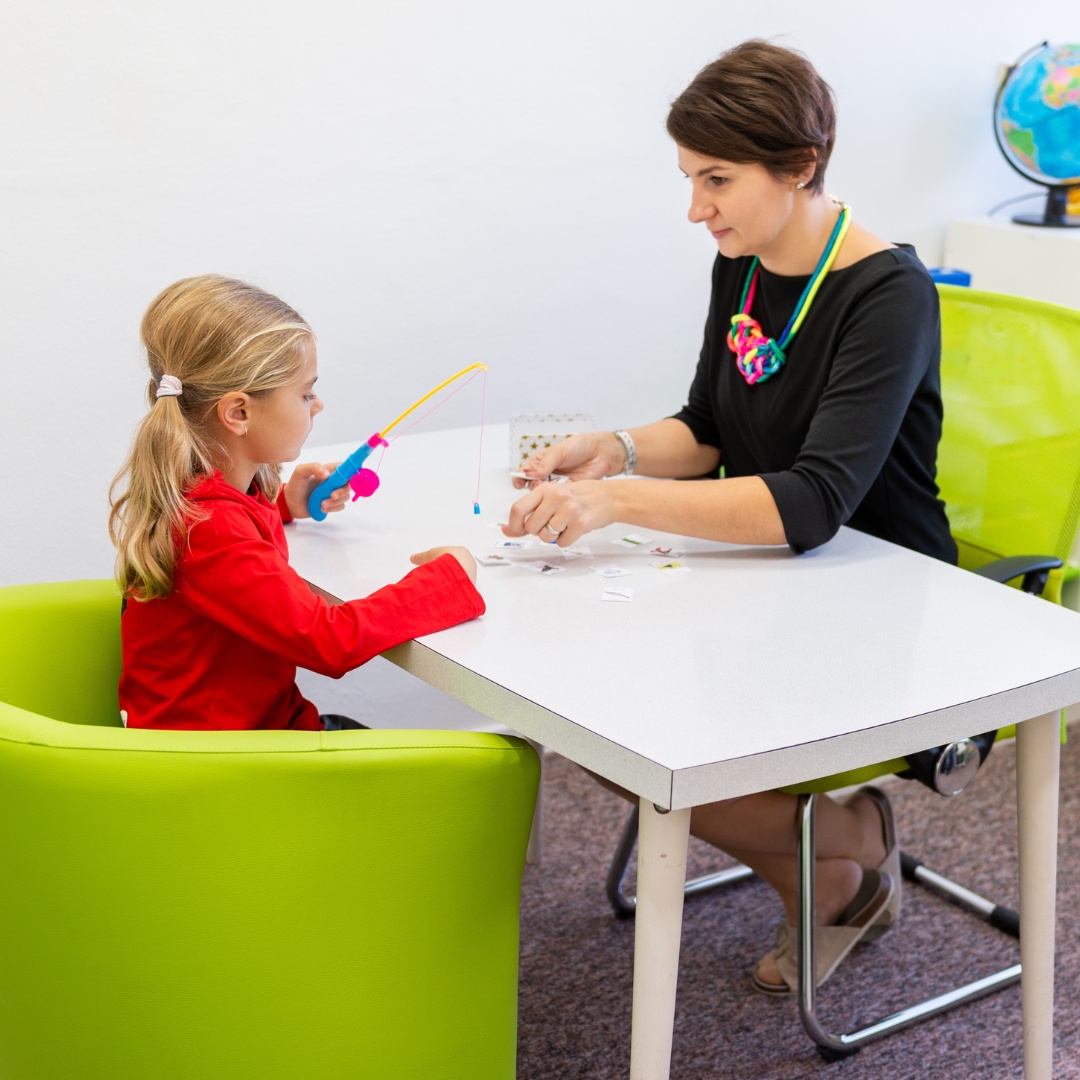Social skills are a crucial pillar in the complex landscape of a child's development. For some children, mastering the intricacies of social interactions may pose challenges. Paediatric occupational therapists (OTs) play a pivotal role in supporting the development of social skills, fostering meaningful connections and enhancing a child's ability to navigate the social world.
Understanding Social Challenges in Children: The Paediatric OT Perspective
Paediatric occupational therapists possess a keen understanding of the social challenges that children may face. These challenges can manifest in various ways, including difficulties initiating or maintaining conversations, understanding social cues, making friends, or participating in group activities. The paediatric OT approach to addressing social skills goes beyond surface-level behaviours, delving into the underlying factors that may contribute to these challenges.
Tailoring Interventions for Social Development
Paediatric OTs employ a variety of interventions to enhance social skills in children. These interventions are tailored to the unique needs of each child, recognising that social development is a highly individualised process. Activities may include role-playing scenarios, group games, and exercises focusing on communication, empathy, and cooperation.
In addition to structured activities, paediatric OTs often collaborate with parents, teachers, and caregivers to integrate social skill-building into a child's daily routine. Consistent reinforcement of social skills in various contexts helps children generalise and apply these skills in different social situations.
Addressing Sensory and Motor Components
Occupational therapists recognise the intricate connection between sensory processing, motor skills, and social development. Some children may experience difficulties in socialising due to sensory sensitivities or difficulty coordinating their movements. Paediatric OTs address these components through sensory integration activities and exercises that improve motor planning and coordination.
By addressing sensory and motor components, paediatric OTs lay a foundation for improved self-regulation, which, in turn, positively impacts a child's ability to engage in social interactions. This holistic approach ensures that interventions are comprehensive and take into account the multifaceted nature of social development.
In summary, the role of paediatric occupational therapists in building social skills is paramount to a child's overall development. Paediatric OTs contribute significantly to a child's ability to navigate the social world confidently and competently through a nuanced understanding of social challenges, tailored interventions, and sensory and motor component considerations.
The impact of improved social skills extends beyond mere interactions; it influences a child's academic performance, emotional well-being, and overall quality of life. As advocates for the well-being of children, paediatric OTs work collaboratively with families and educators to create environments that support and nurture social development. In this dynamic intersection of care, expertise, and collaboration, paediatric occupational therapy for developmental delay emerges as a guiding force, empowering children to cultivate meaningful connections and thrive in their social journey.


No comments yet